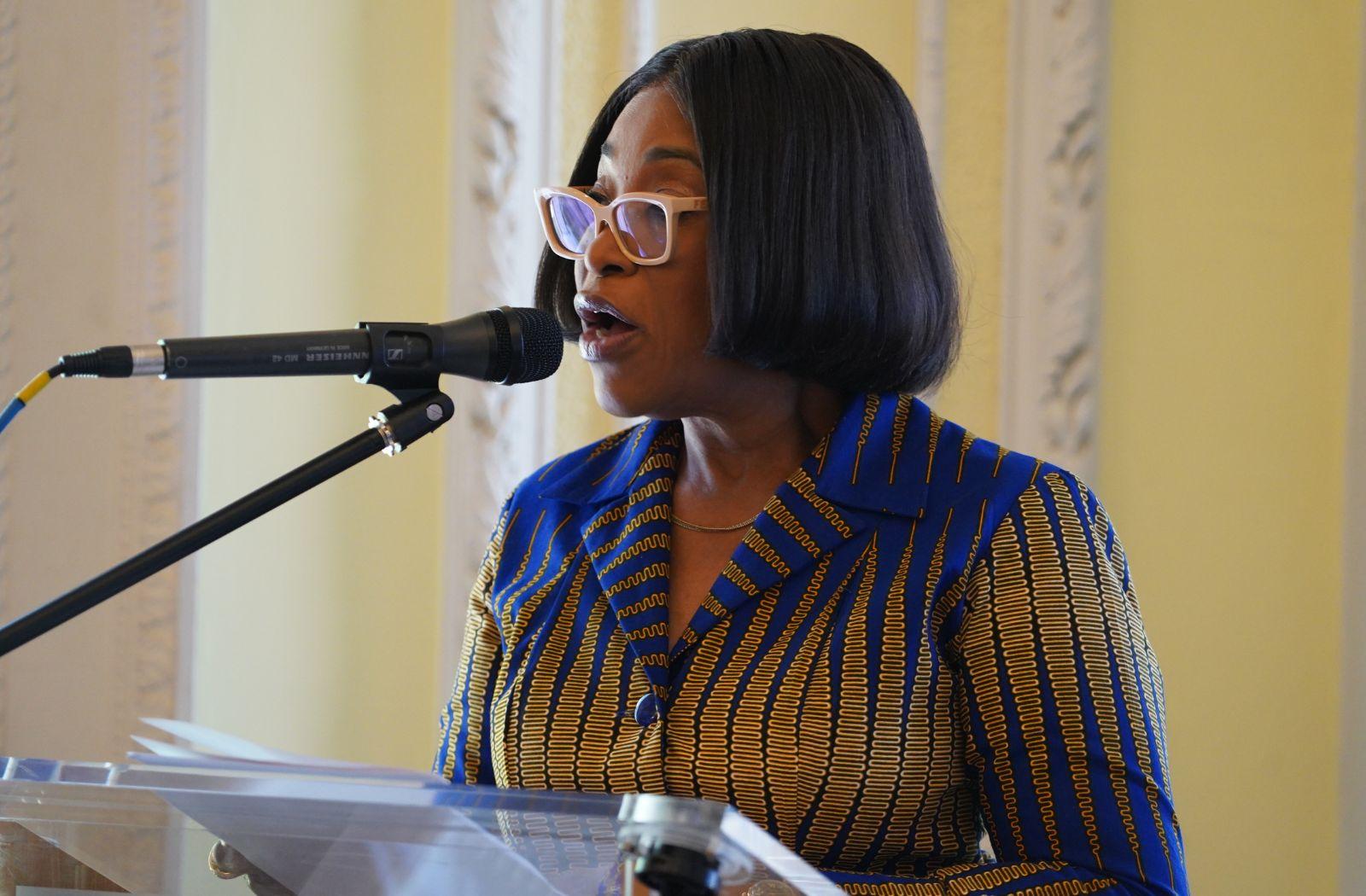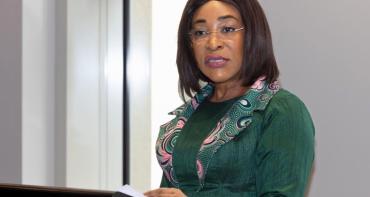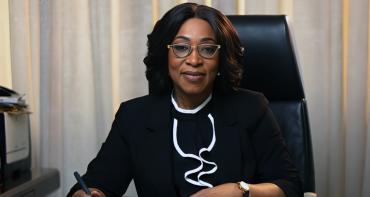Secretary-General remarks on the joint declaration between the Commonwealth Secretariat and the United Nations Office for Outer Space Affairs (UNOOSA) on 12th June 2025 at Marlborough House.

Today we mark a truly significant milestone in the story of Commonwealth cooperation – and in our shared commitment to innovation, inclusion, and international partnership.
The signing of this Joint Declaration between the Commonwealth Secretariat and the United Nations Office for Outer Space Affairs is a practical and powerful statement of intent. It signals our determination to ensure that outer space becomes a force for sustainable development here on Earth – and that no country, no community, is left behind.
Across the Commonwealth – home to 56 nations, including many Small Island Developing States and climate-vulnerable economies – the impacts of climate change, disaster risk, food insecurity and biodiversity loss are no longer future threats. They are current realities. And yet, from space, we are gaining tools that can help us understand and address these challenges.
Remote sensing, satellite imagery, earth observation systems and geospatial data are already transforming the way we manage natural resources, respond to disasters, and plan for a more resilient future. These technologies allow us to detect droughts before they devastate harvests. To track storms before they make landfall. To monitor ocean temperatures and currents. To map land use and forest loss. And to reach communities that terrestrial infrastructure cannot.
But these tools must not become the preserve of the privileged. This is where the Commonwealth and UNOOSA come together: united by a shared commitment to equity, capacity-building, and collaboration. Together, we want to democratise access to space-based solutions – and unlock their potential for every country, including those with limited space infrastructure of their own.
In the Commonwealth, this ambition is not new.
Through initiatives such as our CommonSpace programme and the GENIUS network – the Global Environmental Intelligence for UN Sustainable Development Goals – we have been working with countries to integrate geospatial data into national development plans and climate resilience strategies.
In Fiji, for example, such data helped secure millions of dollars in investment for natural sea walls to protect coastlines from rising seas. This is the kind of outcome we could see multiplied across the Commonwealth and beyond.
Our Joint Declaration sets out a roadmap for doing exactly that. It commits us to working together to scale up access to space technologies and data; to support early warning systems and emergency preparedness; to foster research, STEM education, and gender inclusion; and to promote responsible and peaceful uses of outer space.
It reflects a modern vision of multilateralism – one that is problem-solving, future-facing, and grounded in partnerships of mutual benefit and mutual respect. And it reflects our belief that the benefits of the space economy – now worth nearly half a trillion dollars globally – must be accessible to all, and governed in ways that are sustainable, inclusive and just.
As we look to the future, I believe the Commonwealth has an important role to play. With its diversity of geography, development levels, and technological capacity, the Commonwealth offers a ready-made platform for piloting and sharing solutions, amplifying innovation, and building solidarity. And UNOOSA brings unmatched expertise, reach, and credibility to that endeavour.
Let me close by thanking Director Holla-Maini and her team for their vision, their trust, and their partnership. I also thank our own colleagues at the Secretariat, and the many governments, experts and partners who have helped bring this declaration to life.
Together, we will promote new strategic partnerships with the private sector, who are the leaders in cutting edge research and technology in the area of space-based solutions from climate to education, and innovation to transformation.
Today is a beginning – not an end. I look forward to seeing the work that follows: work that places space technology at the heart of sustainable development, and the Commonwealth at the forefront of inclusive global innovation.



